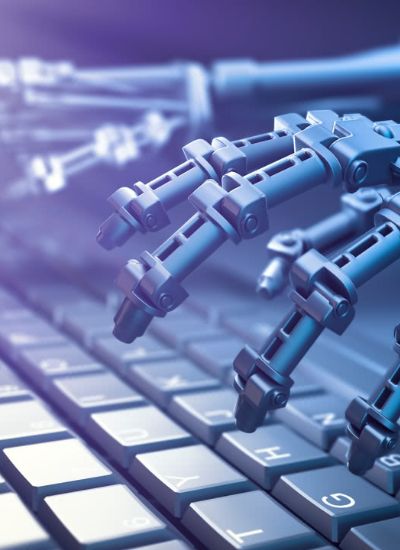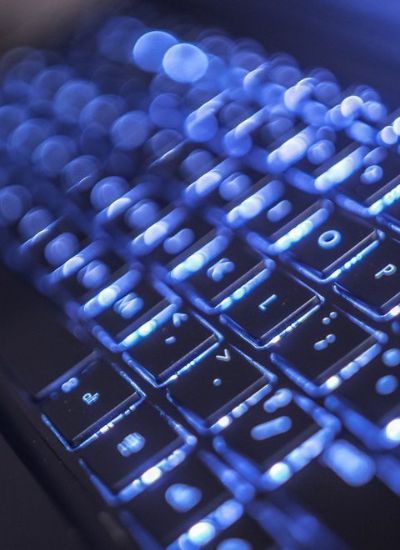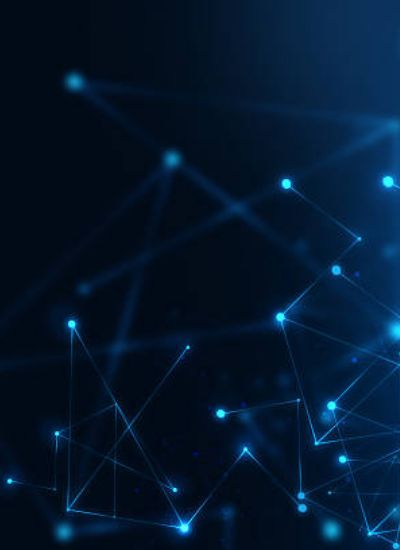What Are Negatives of Jailbreaking Your iPhone?
- Straight out of the box, the iPhone has certain limitations as to what apps it will let you use and what features it provides. Only Apple-approved software can be accessed by your device. Jailbreaking is a means of hacking the iPhone operating system to give the user full root access to the device. This is done entirely by tweaking the software, and does not require any changes to the iPhone's internal hardware.
- People who jailbreak their iPhones do so to gain access to third-party apps and software. Alternative app stores and open source programs exist solely for jailbroken iPhones. More ambitious jailbreakers may use their unrestricted access to make changes to the iPhone's user interface. Some people jailbreakto gain access to other cellular networks. Currently the iPhone is only natively supported by AT&T and Verizon.
- One of the two drawbacks to jailbreaking your iPhone is the effect that it has on your Apple warranty. Though jailbreaking is legal under the DMCA, doing so will void the warranty on your device. Even though the changes to your iPhone are purely software based, this means that you will not be eligible to have Apple repair your iPhone or have any of its hardware replaced.
- As with any software hack, sometimes things just go wrong. An improper jailbreak can result in major system instabilities. The worst case scenario is called "bricking," which refers to a device that is rendered completely inoperable. Most jailbreaks can be reversed by restoring the OS via iTunes, but a bricked iPhone may not be able to even turn on correctly. Because jailbreaking voids your warranty, there is not much you can do in the way of getting a bricked iPhone repaired or replaced.




















